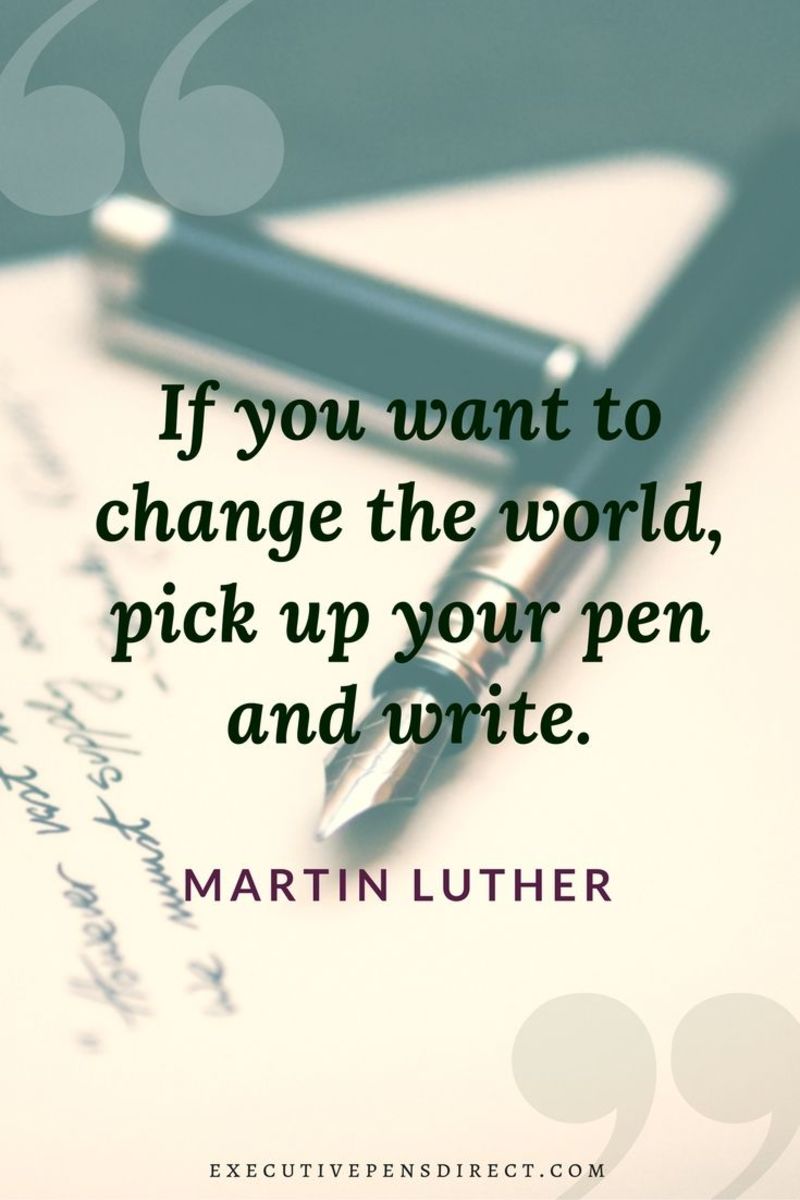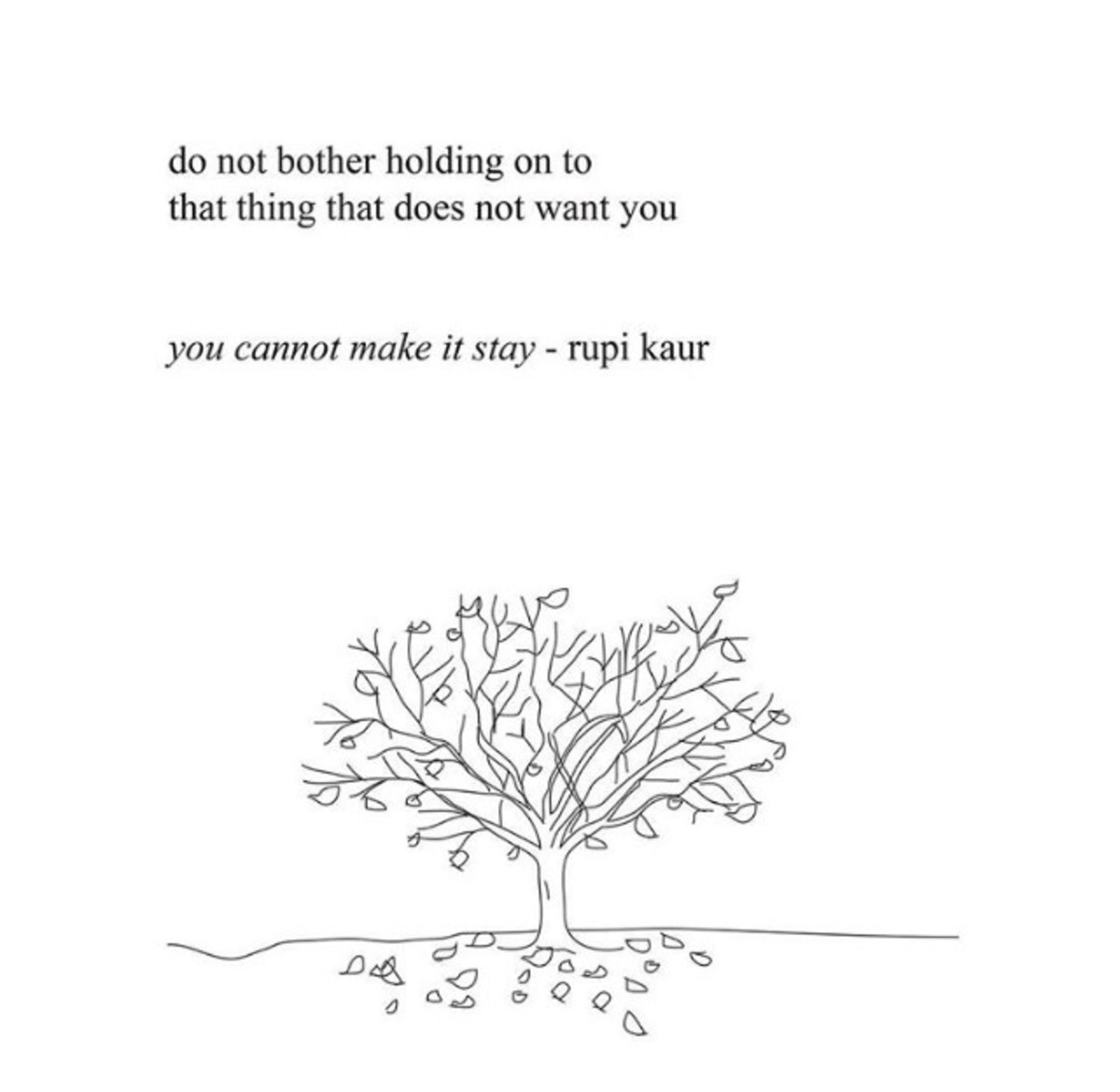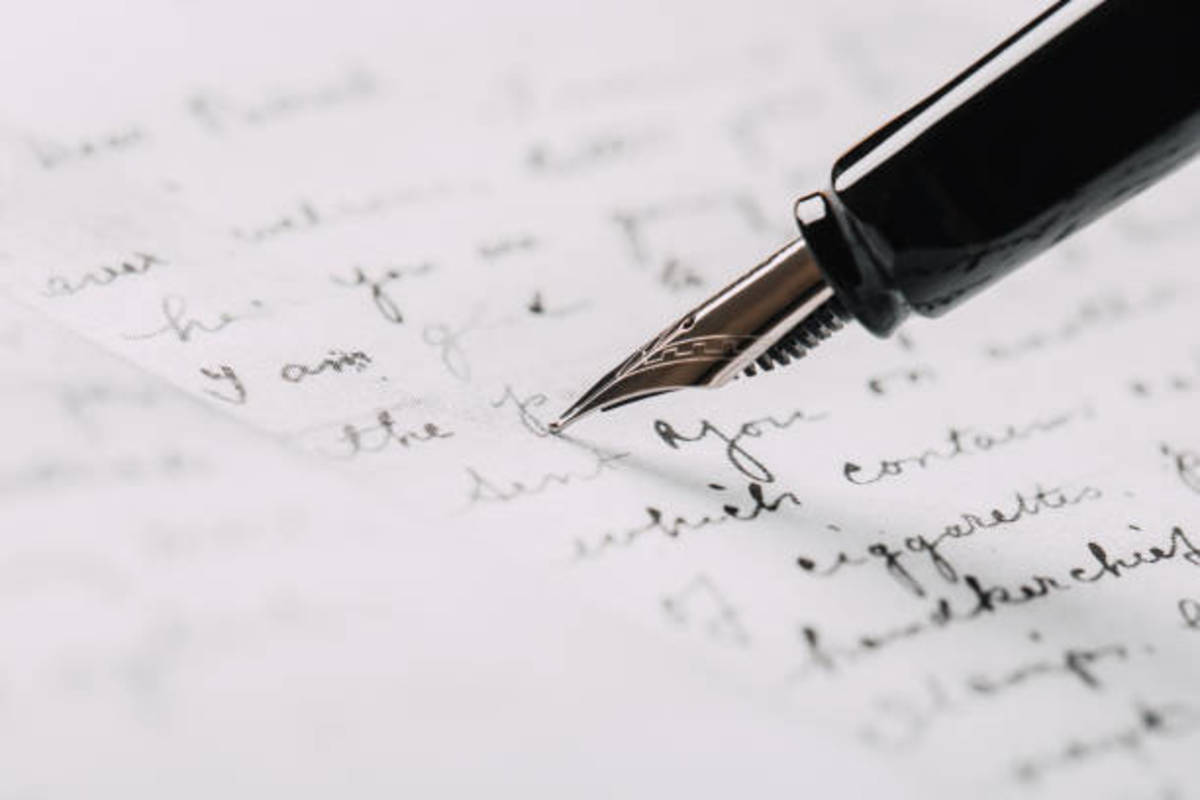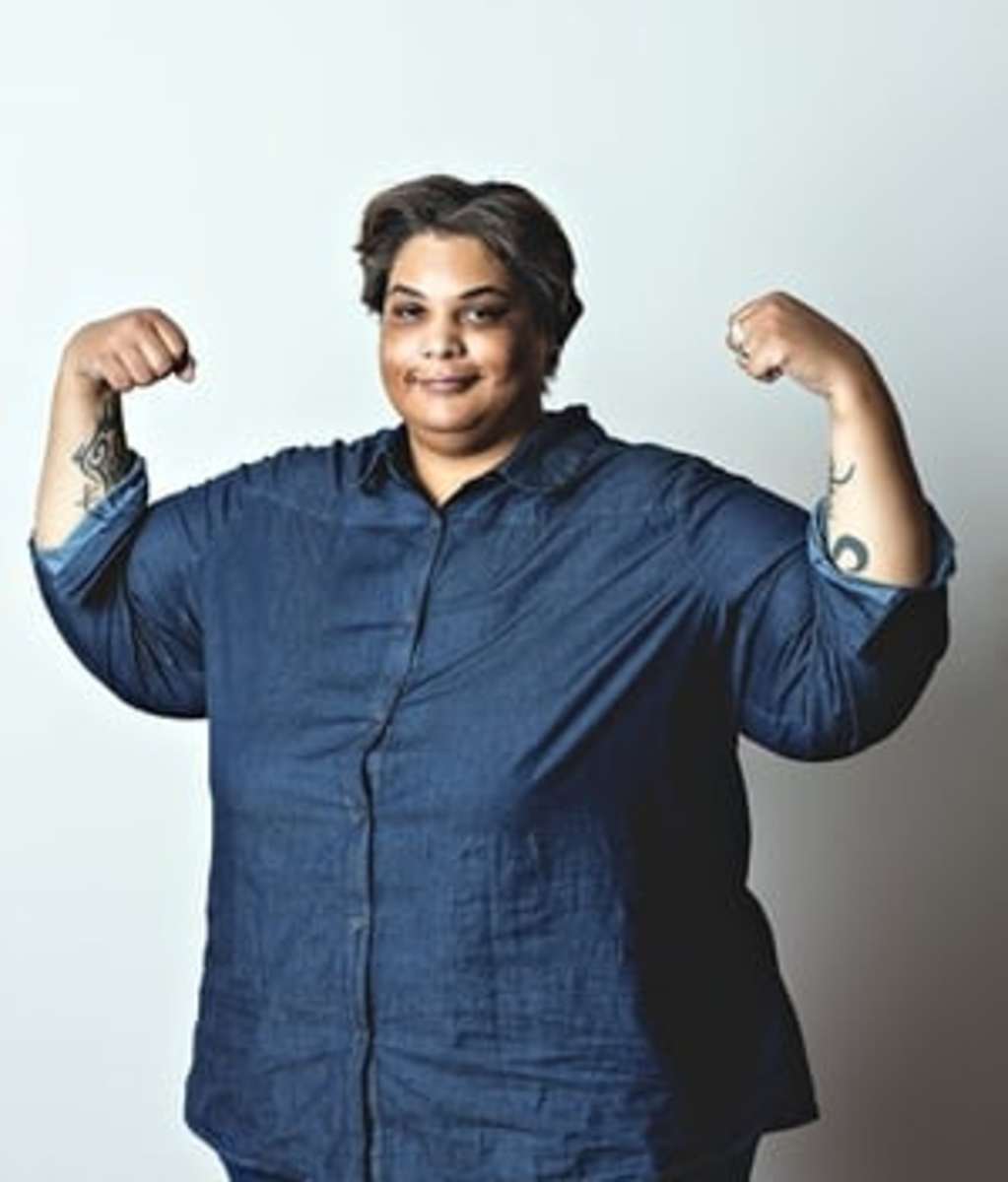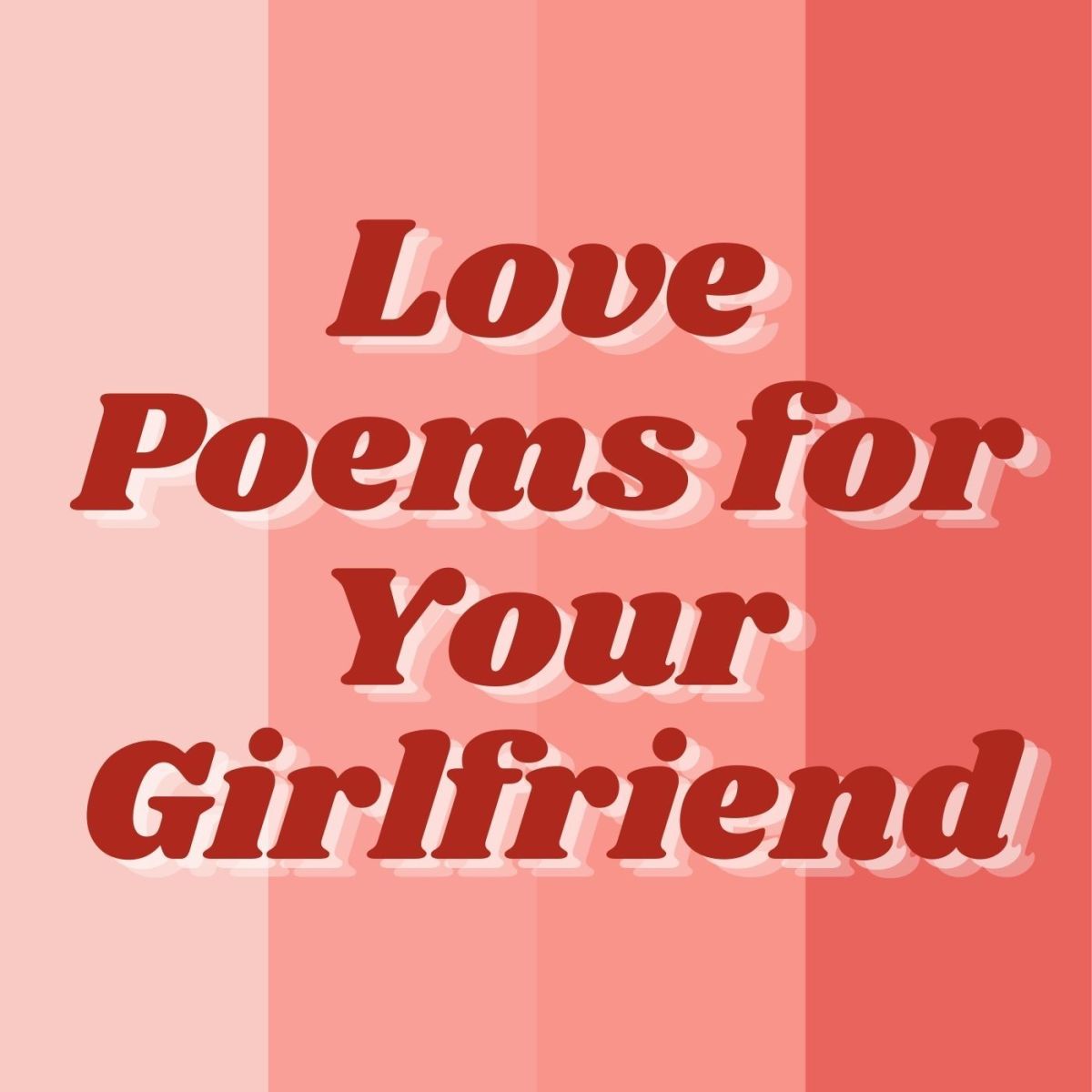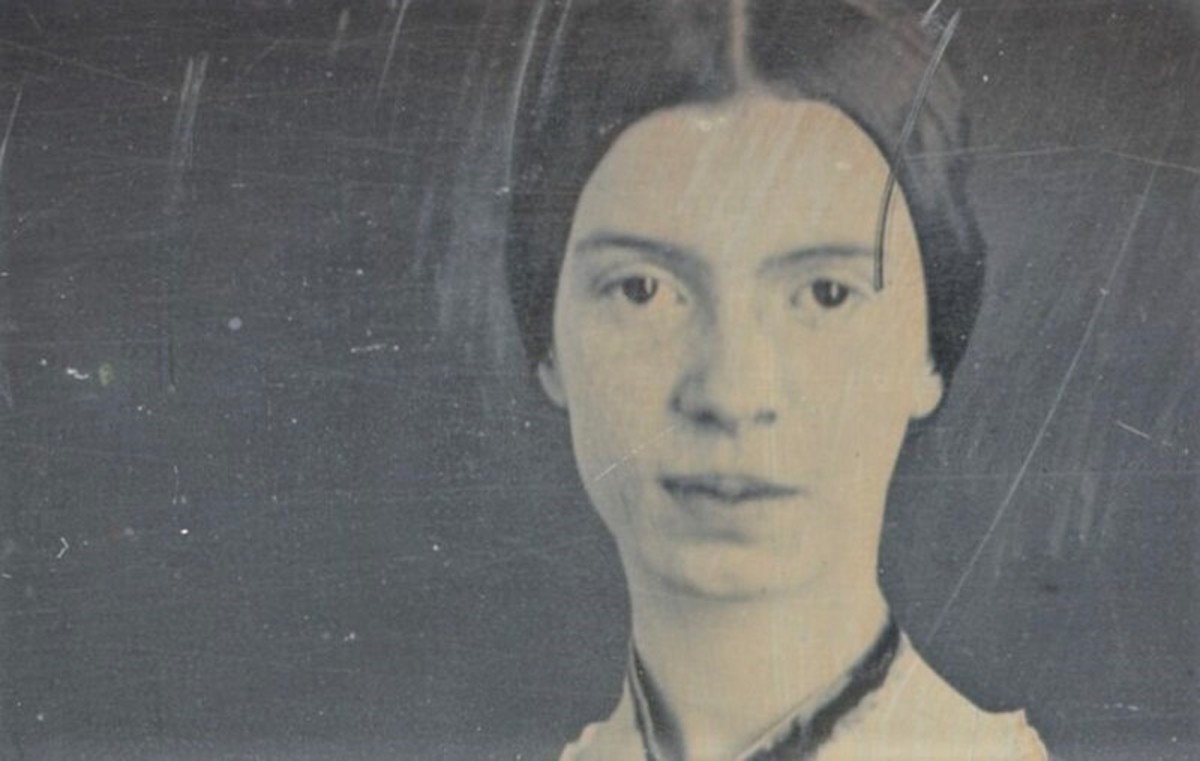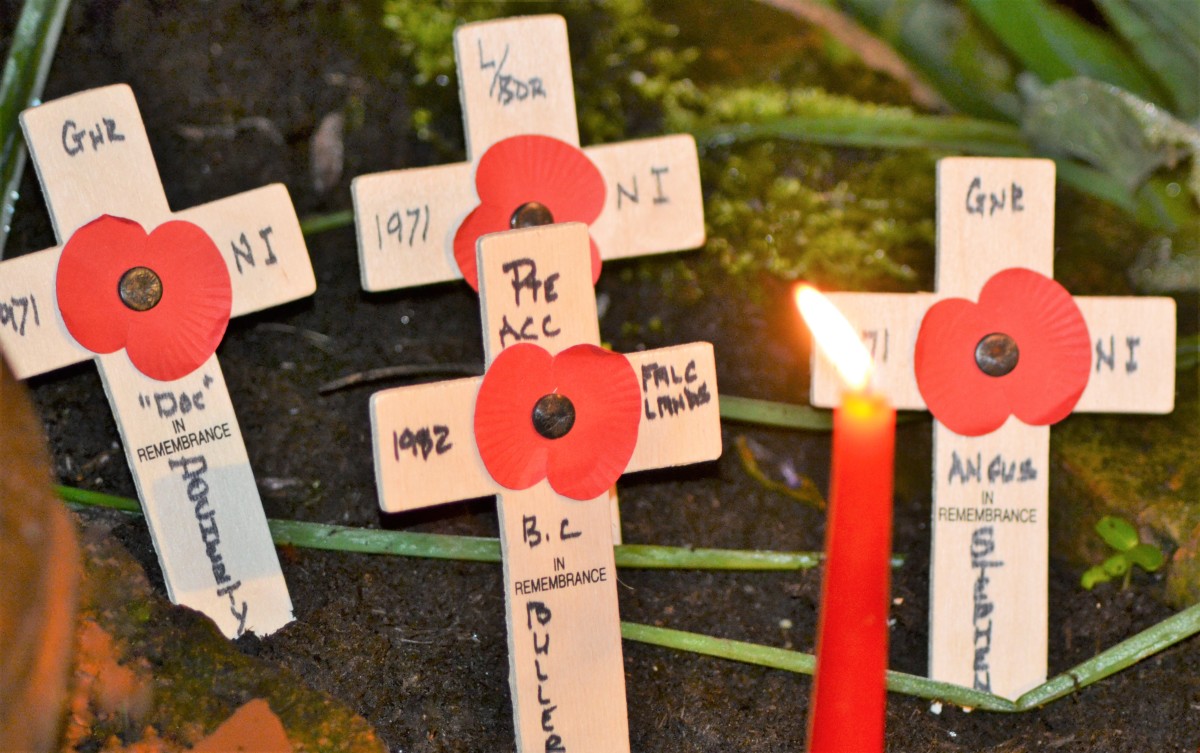I Live In A World Of Words

In one of Frank Sinatra’s musical resumes, he sang lyrics by songwriters Kelly Gordon and Dean K. Thompson, "I've been a puppet, a pauper, a pirate, a poet, a pawn, and a king.. ." When I read that line I hear a drum roll of soft P’s that ends with a clash of a symbol on the hard ‘k’ in ‘king’. It is one of my favorite alliterations. You may think that I’m a bit strange because I hear sounds when I read words. Well, you'll surely think I'm ready for a psycho ward when you learn that I sometimes see words when I hear sounds. I know that I am a little weird because I see more then just words when I see words. Like color to a painter, pitch to a musician, and numbers to a mathematician, words are essential to a writer. He uses them to construct the vehicle that conveys his message. I like to think that words are my friends although none have ever admitted that they felt that way too. Never the less, I spend a lot of my time with words. Although I know very little about prose and even less about poetry, this has never stopped me from writing both.
I write because it gives me pleasure. Using recognition and income as yardsticks to measure both my talent and my success, it is easy to see that I have neither. But, I can still share with you the technique that I use to shape my new projects. You can freely use my technique at any time at absolutely no cost. Of course, what works for me may not work for you and, in the end, my advice is probably worth a lot less than what you’re paying. After all, I’m no expert and I have $8.06 in lifelong AdSense earnings to prove it.
My secret is simple. I ask myself three questions: Am I writing to myself or do I want to entertain or to instruct others? If I am not going to be the only reader, then have I considered the best way to communicate with my audience? And finally, have I chosen the medium that will yield the best results? That’s it. That’s the whole enchilada. Sorry but there are no refunds.
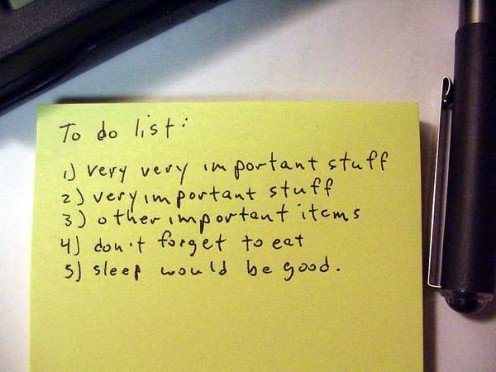
Am I writing to myself?
If I happn to be writing to myself then there is no need to heed any rules, and I simply ignore the other two questions altogether. However, aside from the babble I write in my personal journal, there is usually a particular audience that I'm trying to reach. So, I picture these readers in my head and mentally address my words to them.
What is the best way to get my point across?
If my readers will be children, I will naturally choose a simple subject and use words that they will understand. On the other hand, if I’m confessing how I was once so angry and frustrated that I threw a diamond ring into the ocean before I even finished making the payments, then I have to use words that convey why those emotions made me do something so crazy. I shouldn’t assume that my readers already know. It is very important that I make my audience understand what I'm trying to tell them.
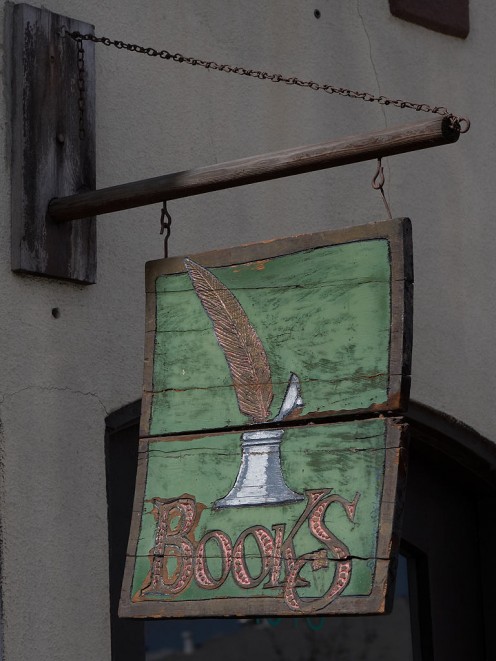
Should I use prose?
Finally, I consider what medium is best suited to deliver my message to my target audience. Most of my time is spent writing prose because my topics tend to be simple essays of little or no interest to anyone. (See my comments above about recognition, income and the lack thereof.) The rules of prose have been hammered into me during most of my academic life and I feel comfortable placing myself under their control. Prose is easier for me so I tend to lean more in that direction.
Or should I use poetry?
While some subjects may be more suited to prose, others need poetry to be fully developed. Only poetry arranges words, with all of their subtle nuances, into a form that applies meter, rhyme, alliteration, and an array of homonyms or polysemes, to expose the multiple layers of a profound idea. I firmly believe that poetry should be read aloud so the sounds of the words add meanings that will be resonated through the sense of hearing. Poetry requires more effort from both the author and the audience, which accounts at least in part, for fewer poets speaking to a smaller audience. Poetry is not the best medium for simple concepts nor for simple words having simple meanings. Poetry, not only requires analysis, poetry demands it. One should never stop looking for the meanings of a poem because the poet will only make his meanings clear to those who invest the time to scrutinize his words.
It must have been a Yiddish poet who first observed, " A poet is married to his craft for better or for verse."



